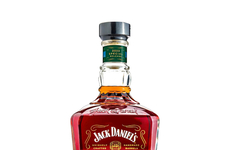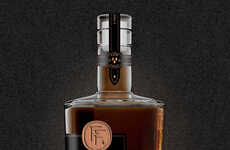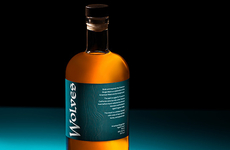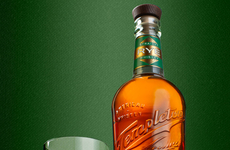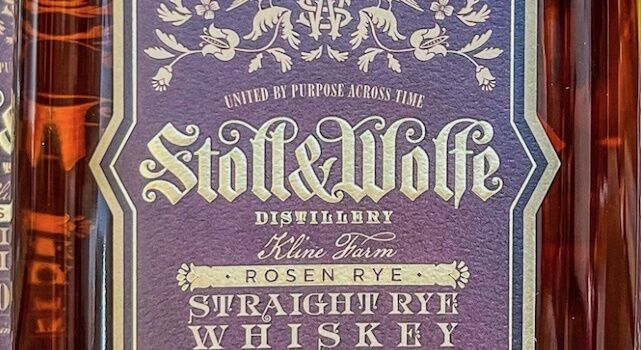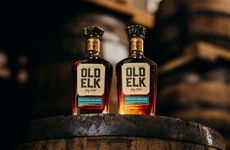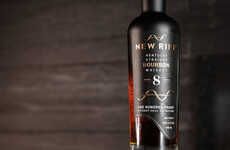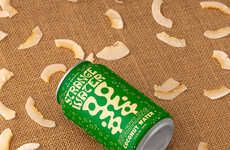
Stoll & Wolfe Debuts a Four-Year-Old Version of Its Rosen Rye
Stoll & Wolfe has introduced a four-year-old version of its heritage Rosen Rye, a whiskey made from a once-lost grain variety known for its distinct flavor profile. This rye is crafted using the rare Rosen Rye grain, which was revived in 2015 after nearly disappearing due to cross-contamination. The release honors the late Dick Stoll, a renowned distiller who was instrumental in the whiskey's revival.
The Stoll & Wolfe Four-Year Single Barrel Rosen Rye is bottled at 106.5 proof, with a non-chill filtered process. The whiskey offers an aromatic nose featuring ginger, brown sugar, and hints of vanilla, followed by a palate marked by rye spice, dark chocolate, and toasted oak. The finish is notably sweet with toffee, crème brûlée, and lingering rye spice.
The connection to Dick Stoll's legacy, as well as the family ties to the Kline Farm where the rye was grown, adds a personal and historical dimension that may appeal to those who value craftsmanship and heritage.
Image Credit: Stoll & Wolfe
The Stoll & Wolfe Four-Year Single Barrel Rosen Rye is bottled at 106.5 proof, with a non-chill filtered process. The whiskey offers an aromatic nose featuring ginger, brown sugar, and hints of vanilla, followed by a palate marked by rye spice, dark chocolate, and toasted oak. The finish is notably sweet with toffee, crème brûlée, and lingering rye spice.
The connection to Dick Stoll's legacy, as well as the family ties to the Kline Farm where the rye was grown, adds a personal and historical dimension that may appeal to those who value craftsmanship and heritage.
Image Credit: Stoll & Wolfe
Trend Themes
1. Heritage-based Revival - Reintroducing nearly extinct grain varieties to create unique, high-quality products evokes a strong sense of nostalgia and authenticity.
2. Non-chill Filtration - Adopting non-chill filtration methods leads to richer flavor profiles that appeal to connoisseurs seeking depth and complexity in their spirits.
3. Personal Legacy Branding - Leveraging the historical and personal stories behind products creates a deeper emotional connection with consumers who value tradition.
Industry Implications
1. Craft Distilling - The craft distilling industry benefits from the revival of unique, heritage grain varieties that offer distinct and marketable flavor profiles.
2. Premium Spirits - Premium spirits are increasingly defined by their unique production processes, such as non-chill filtration, that enhance taste quality.
3. Heritage Agriculture - Heritage agriculture sees growth opportunities in presenting rare, heirloom grains as special ingredients for high-end food and beverage products.
4.1
Score
Popularity
Activity
Freshness


